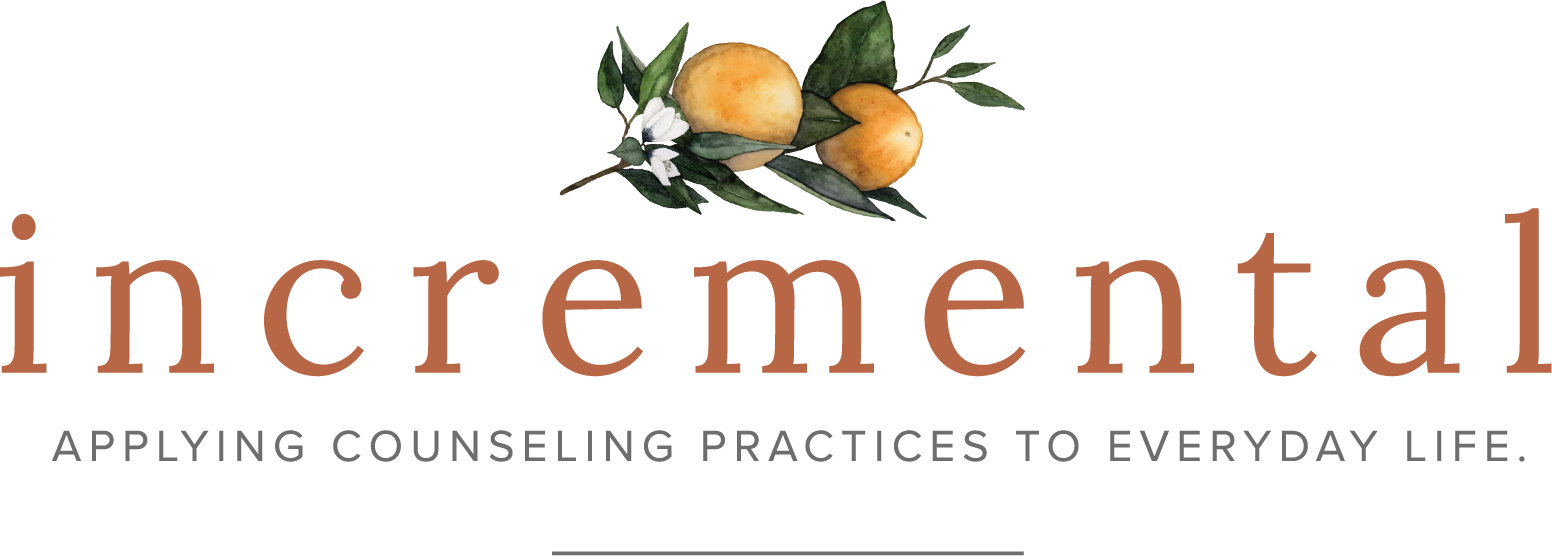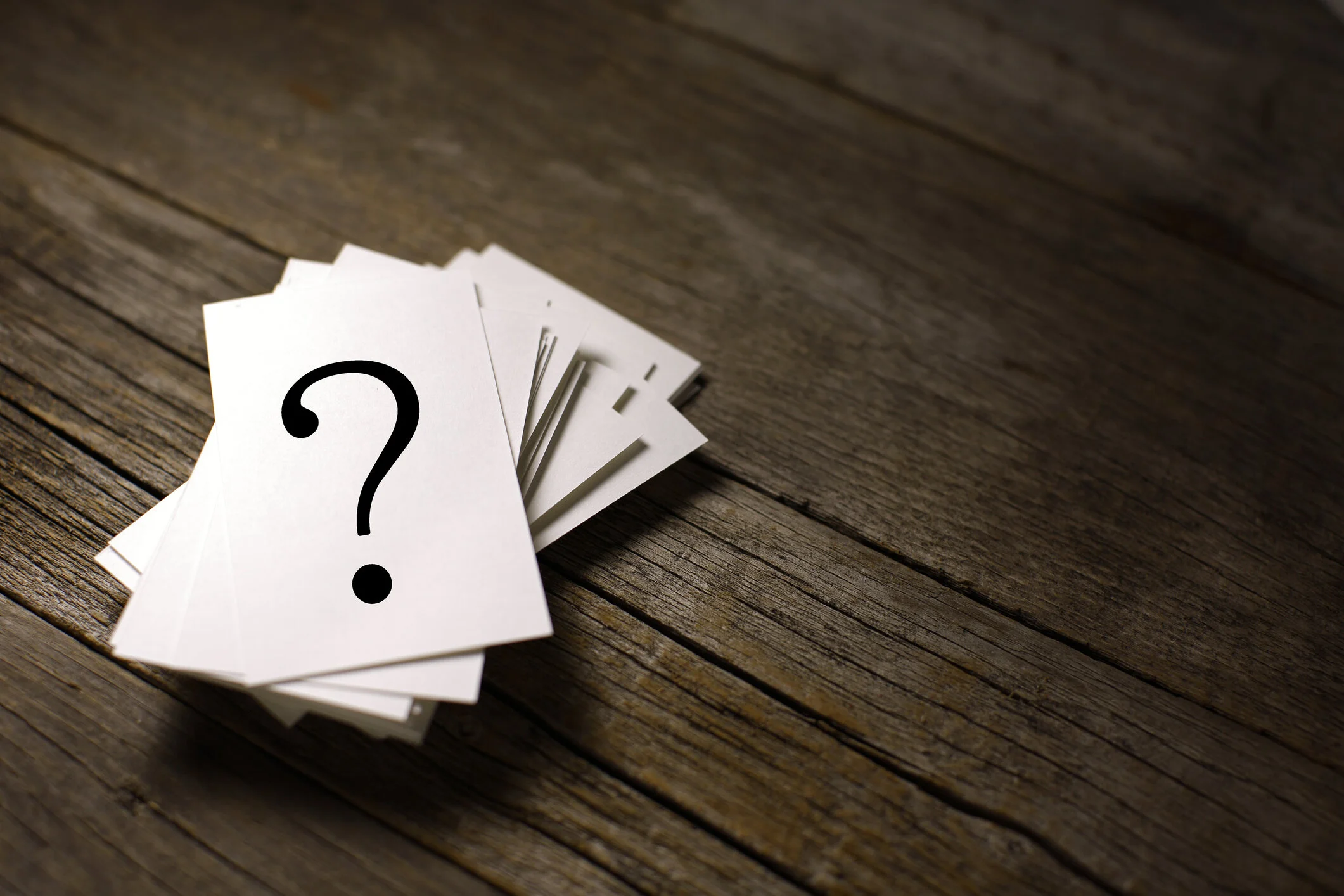Sitting With Uncertainty
I finish my educational career in five weeks. Five. I want to write it over and over again to see if it sticks in my brain that this cushion of education is no longer going to be my cushion. Before, when we were struggling to make ends meet, we had an excuse. I was in grad school- an expensive grad school. My husband was starting his business and investing financially in my future as well as his. In five weeks, we won't have an excuse. In five weeks my life will be completely different. In five weeks, I don't know what the hell is going to happen.
I keep imagining the end of this year like it's going to be this magical and freeing moment. We have a tentative graduation trip planned. Maybe a party. But nothing is set in stone. I have some ideas of what potential work will look like, but nothing is set in stone. I have hope for this next chapter in my life, but nothing is in stone.
For the first time, in a long time, I have no idea what the next season of life is going to look like. For the first time, I have nothing to prepare for. Nothing to control. Nothing gave me clear direction other than maybes and possibilities.
I should be excited and optimistic. Wide-eyed and whatever the hell else millennials experience post-graduation. But I'm not. I'm so terrified. At this point forward, everything that happens is largely up to me. My capabilities. My performance. My gosh.
At this point, I'm not left with many options but to wait. Wait and sit with the uncertainty.
For our clients who struggle with anxiety, this is really hard to do. Anxiety causes us to fixate or ruminate on the current stressor or trigger. To the extreme.
Ruminating on the matter causes us to be unable to focus or concentrate on tasks at hand because the problem has you buggin' so bad that your brain can't unhook from the worry, fear, or our word of the day, uncertainty.
So how do we unhook? There are three things I've found to be incredibly helpful for myself and my clients: sitting with the anxiety through catastrophizing (more on that in a sec); observing and listening to myself when shite about the future is stressing me out, and engaging in coping skills to distract from the emotion. Two are a direct way of tackling the issues (exposure) and one is a way to help manage the emotions (distraction).
Sometimes, when I ask my clients with anxiety disorders to sit with their anxiety or in this case, uncertainty, I might say, "think about the worst-case scenario tied to your fear of the problem". For example, in my current situation I might respond, "If I don't find a good solid job, I won't be able to provide for my family, Ben loses his business, and we will end up on the street with our cats in leashes and eating the bugs out of each other's hair, and then we die. Tragically."
Usually, when we probe for long enough and intentionally exaggerate (catastrophize) the worst-case scenario, it tends to sound really silly. Try it for long enough and you'll start laughing at yourself. I know that I'm not going to die tragically from eating bugs out of the hair and fur of my family members. That's silly. But it doesn't feel silly at the moment when I'm freaking the frack out. Nonetheless, intentionally catastrophizing or thinking about the absolute worst-case scenario tends to bring us back down to reality and remind us that it's not all doom and gloom.
Listening and observing are just what it sounds like. In the moments when the uncertainty feels almost unbearable, I may ask my clients to just let themselves experience and listen to their emotions. No judgment. No problem-solving. Just listening. Sometimes I might ask the client to tell me where the emotion is resting in their body. For me, feeling uncertain rests in my shoulders and upper back. Then breathe through it. Notice it and observe. "I'm feeling uncertainty in my shoulders. I'm feeling uncertain because I don't have control over this situation. I'm very stressed. Very scared. Very anxious".
This technique helps validate the experience we're having. It helps us feel human. It helps us accept that we feel uncertain and helps push us to begin to move forward in making it better.
The last skill I use with myself and my clients to help with dealing with uncertainty is to find a way to distract from the emotion in healthy ways. This might be through doing pleasurable activities, working on a productive task, or engaging socially with others. If distraction is your way to go in the moment of feeling uncertain, make sure you commit to exposing yourself to the uncertainty at some point with one of the two techniques above.
When we are sitting with uncertainty, the discomfort of the emotion makes us want to lean on others to seek validation. This can be unhealthy in excess. Other times it could cause the onset of obsessive or compulsive behaviors. So, sure, there's a lot at stake if we don't know what the future holds. But there's more at stake if we aren't able to wait and see what happens.

